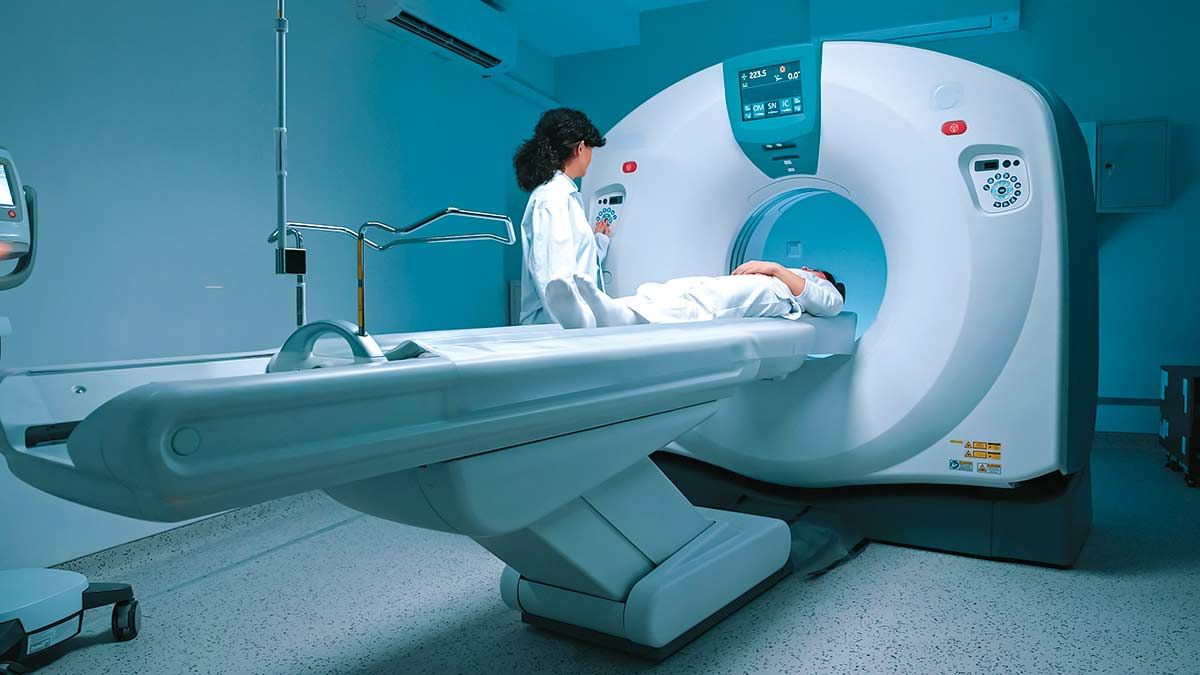CT scans may increase cancer risk

Computed Tomography (CT) scans are a powerful tool for diagnosing various medical conditions, but new research highlights a potential downside: an increased risk of cancer.
A study published in JAMA Internal Medicine suggests that ionising radiation from CT scans—a known carcinogen—could be responsible for 5 per cent of all cancer cases annually. "CT can save lives, but its potential harms are often overlooked. Our estimates put CT on par with other significant risk factors, such as alcohol consumption and excess body weight,” said the study.
Researchers analysed data from 93 million CT scans performed on 61.5 million people to estimate the number of cancers that could be expected in the future. Abdominal or pelvic CT scans in adults are expected to cause the most cancers, followed by chest CT scans. In children, head CT scans pose the greatest risk. The most common radiation-induced adult cancers were lung, colon, leukaemia, bladder and breast. In children, they are thyroid, lung and breast.
Those who were exposed to CT scans before age 1 were projected to have the highest cancer risk. They were 10 times more likely to develop cancer later in life, though adults still account for 90 per cent of projected cases since they are most likely to get these scans. Adults 50 to 59 had the highest number of projected cancers.
The study’s projections are three to four times higher than earlier estimates, reflecting a significant increase in CT scan usage. The researchers concluded, “Reducing the number of scans and lowering radiation doses per scan could save lives.”
Health